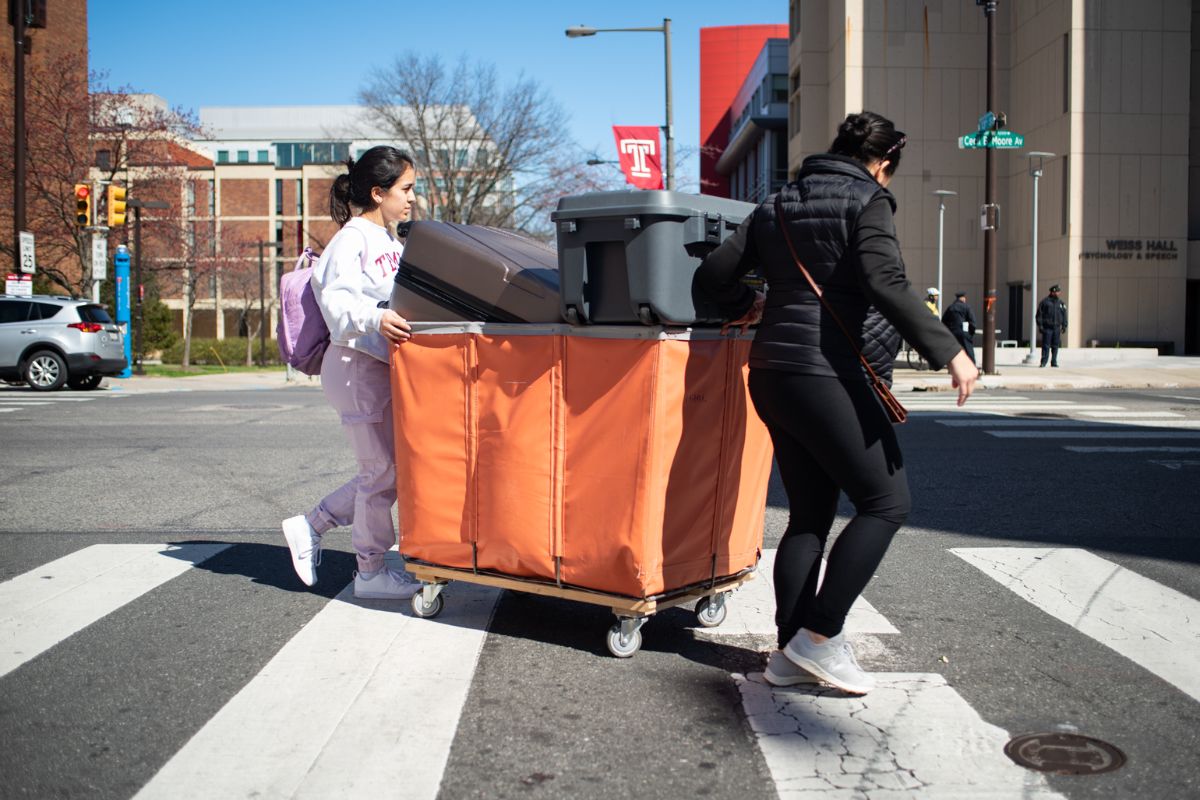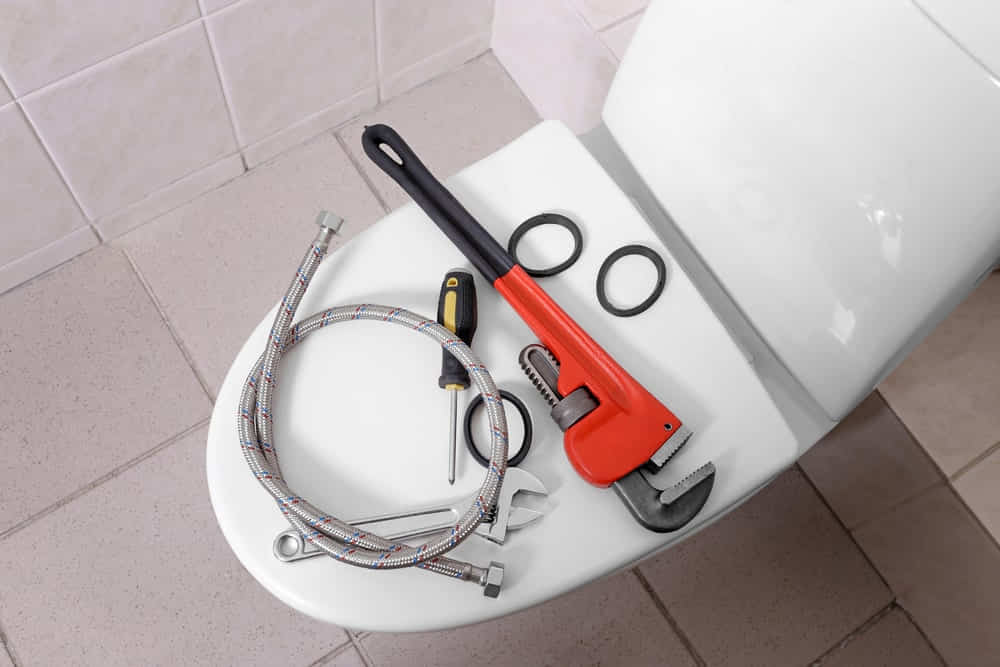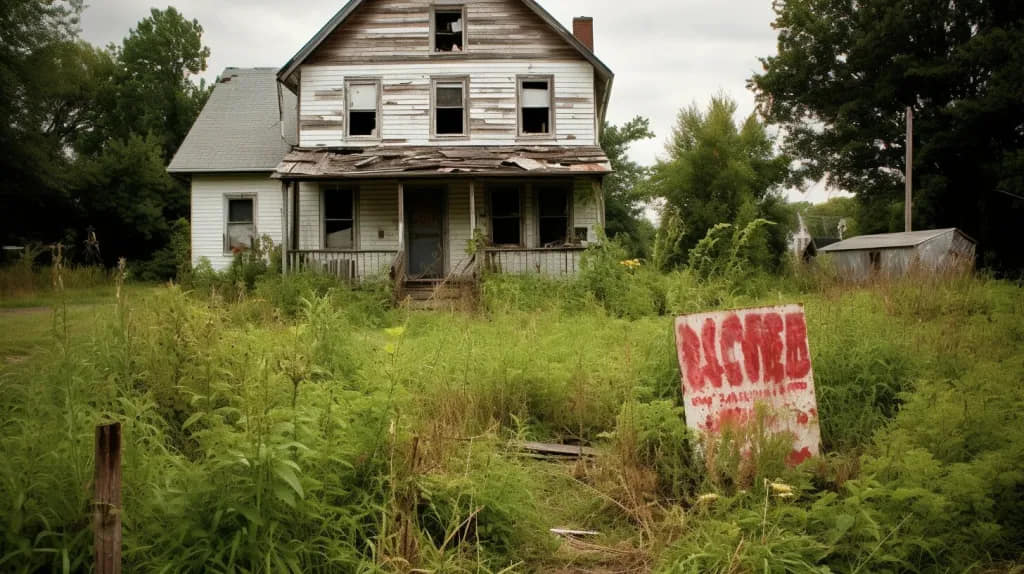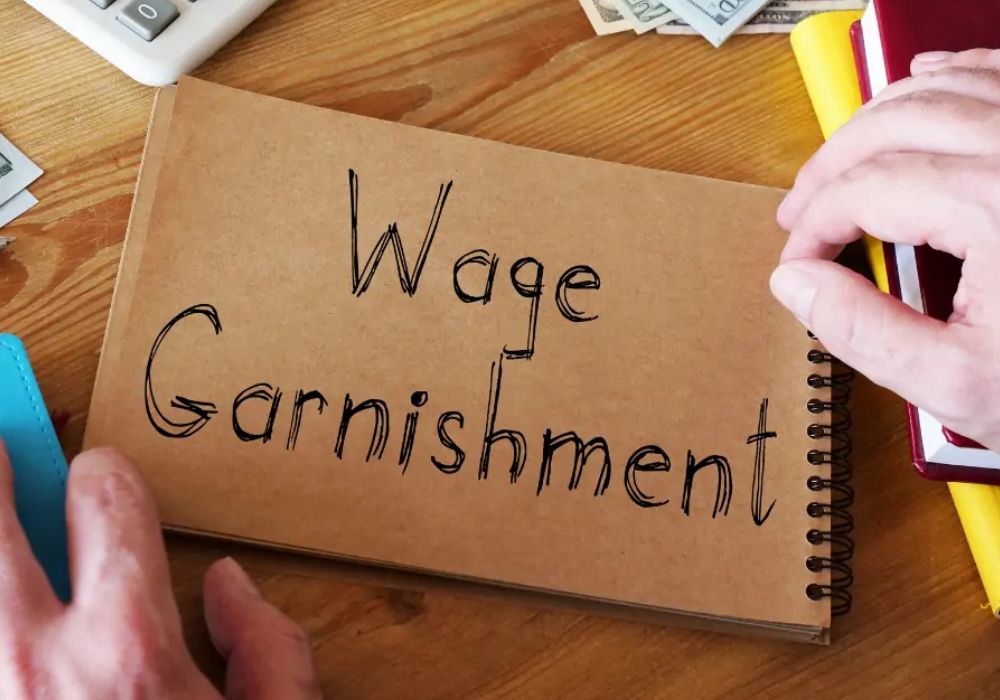Being locked out of your rented home by your landlord can be an extremely stressful and confusing situation. As a tenant, you may wonder if breaking into the property is an option.
In this article, we will explore the key considerations and potential solutions when faced with a landlord who has locked you out, helping you make informed decisions and find a resolution.
What defines a landlord lockout?
A landlord lockout occurs when a property owner changes the locks or otherwise restricts a tenant's access to the rental unit without following the proper legal process.
Lockouts are only allowed in certain circumstances, such as when a tenant has abandoned the property or been officially evicted by a court order. Simply changing the locks without warning is considered an illegal lockout by the landlord.
Related: Can You Get Evicted For Arguing With Landlord?
What should I do if my landlord has locked me out?

If you find yourself locked out by your landlord, the first step is to document the situation through taking pictures of the changed locks or any notices left by the landlord. You should then immediately contact your landlord to request access and clarify the reason for the lockout.
Most issues can be resolved through respectful communication at this stage. If the landlord refuses access, it's time to consider further options.
Can I break into my rental property?
While it may be tempting when locked out of your home, breaking into the rental property is never legally acceptable and should be avoided.
Doing so could result in criminal charges for trespassing or property damage. There are better ways to resolve the situation without legal repercussions.
What are my alternatives to breaking in?
Seeking legal advice is highly recommended if your landlord still refuses you access after direct communication. A tenants' rights organization or attorney can review your rental agreement and advise on additional steps, such as giving warning of legal action or filing for a court order.
Involving the local police in a non-emergency situation may also help encourage a resolution. Ultimately, breaking the law should always be an absolute last resort.
When should I contact the police about a lockout?
Only get the police involved if there is an immediate health or safety concern requiring urgent access to retrieve necessary medications, prevent harm, or similar pressing issues.
Provide proof of residence when they arrive as officers usually cannot force entry themselves. Their main role is to keep the peace while you work towards a solution.
What are my options to pursue compensation?
If the lockout is deemed illegal after proper review, you may be entitled to claim certain damages. This includes reimbursed expenses from temporary housing, lost wages or property damage directly caused by the lockout. Some places also allow statutory damages per day locked out.
Consult legal counsel about building a case to recover awarded compensation and fees through the appropriate court process.
How can I protect myself from unlawful lockouts?
The best approach is to prevent issues through open communication, documenting important details in writing, making timely rental payments, and knowing your basic rights and the landlord's responsibilities in your location. Maintaining a cooperative relationship makes unlawful lockouts much less likely to occur.
If problems do arise, addressing them respectfully and allowing due process will maximize the chance of a fair resolution.
Conclusion
Being locked out by your landlord is an unsettling situation that requires careful handling of the legal aspects. While breaking in is never the answer, there are steps such as involving attorneys, advisors or law enforcement that may help resolve access issues within the bounds of the law. With preparation and understanding of tenant protections, the stress of unlawful lockouts can often be avoided altogether through clear agreements and open communication between both parties.





